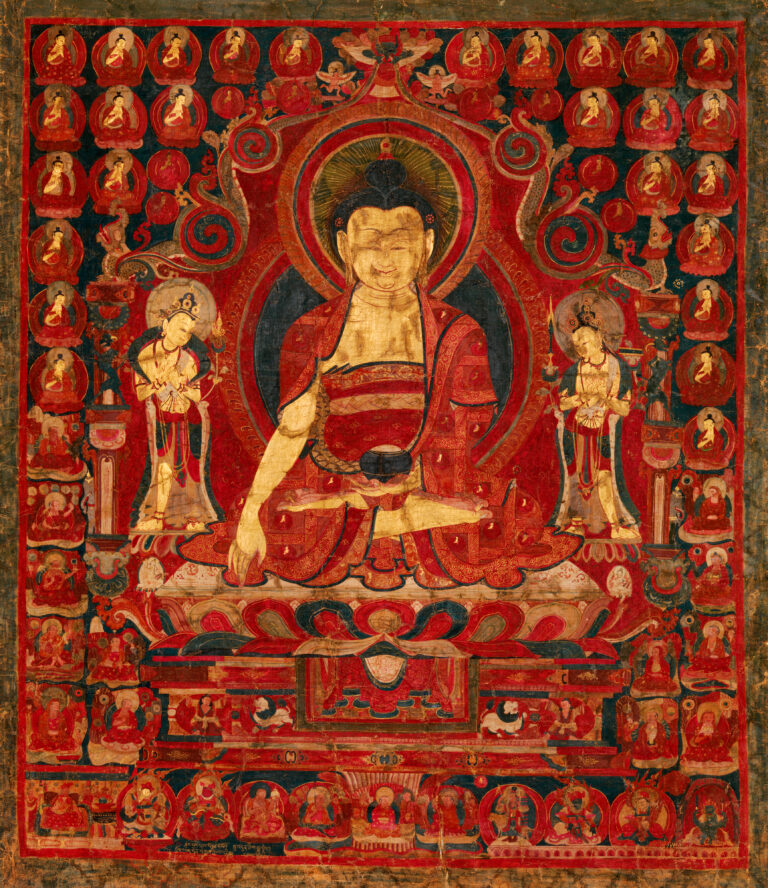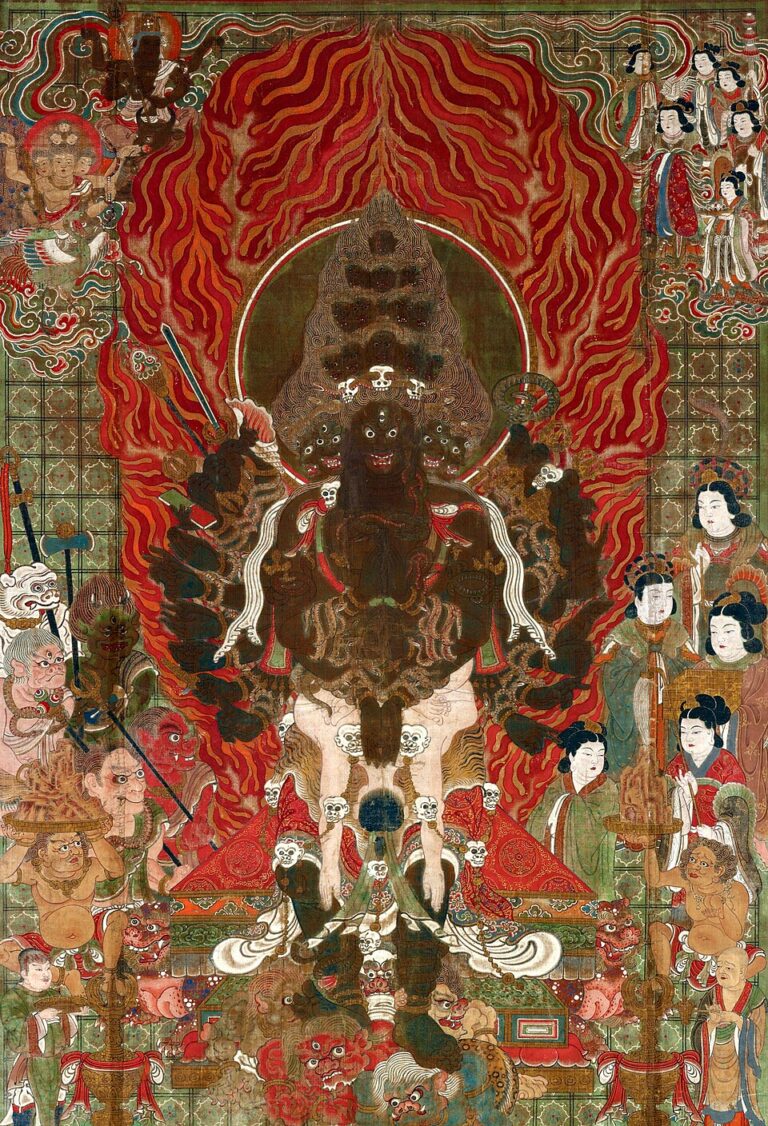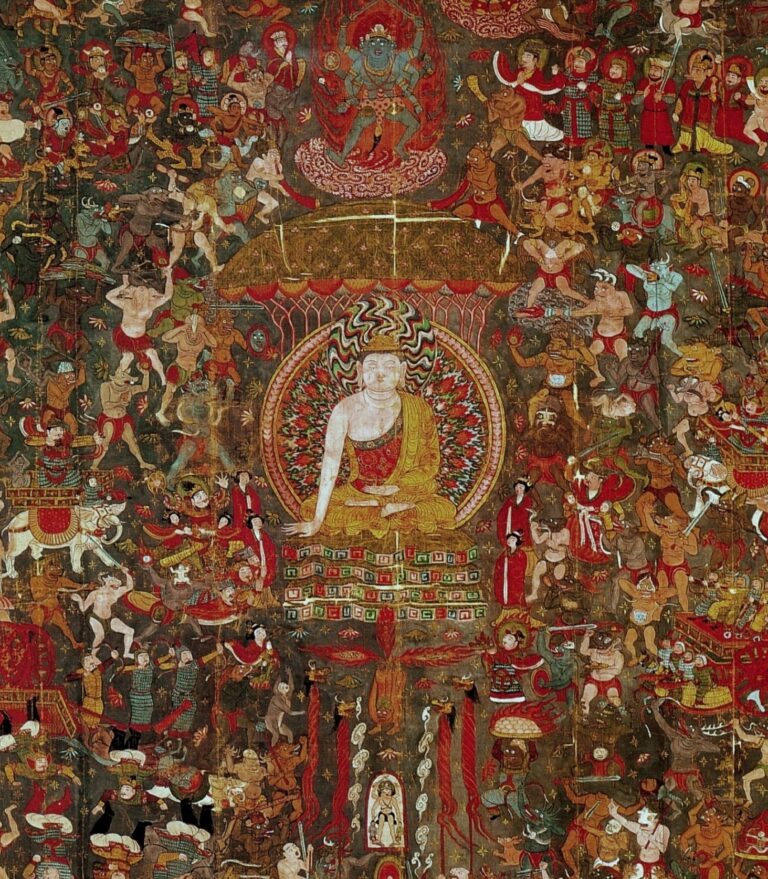Consumerism is the guiding ideology of our time. We are much, much more influenced by this way of thinking than what we like to believe, and it influences our relationship to the world on all fronts. From childhood, we ingest marketing like mental mother’s milk. Even those of us who think themselves above consumerism are deeply, deeply influenced by it, on all levels of being.
The basic tenets of consumerism are constant growth, the customer always being right and replaceability. We are programmed to be discontent, to always strive, run, work, grow, achieve and accumulate. This might not be evident for all people on the purely material plane. Consumerism also manifests itself mentally. We might live minimalistically on a purely material plane, but be constantly racing inside in order to achieve more.
A few generations ago, one was tied to the land where one lived. Travel was restricted to the nearest village, in most cases. One ate what one’s surrounding landscape produced, froze in the winter, and sweated in the summer. Without social media, one had to interact with the neighbours, and find a local partner to marry. Life was simple, occasionally hard, and more often than not uncomfortable.
Today, most of us have travelled to other continents by the time we’re thirty. We eat a diet of italian pizza, japanese sushi, and south american tacos. The entire world is in our grocery stores. Most of us have never known hunger except for self-imposed intermittent fasting, and we have air-conditioner and electric heating to shield us from the dance of the seasons. We are by far the most comfortable generation that has ever existed. Our diet is richer than that of Rome’s emperors, our beds softer than those of medieval nobility, and our lives are more filled with entertainment than the court of Versailles. Yet, can we say that we are the happiest people to ever inhabit the Earth?
Anyone with a functioning brain knows that that is not the case. Quite the contrary: we are among the most discontent people to ever walk the planet. Our times program us to race after the next leap in our carrier, our one true love, the perfect group of friends, the newest dress worn by some celebrity in Hollywood, or to jump into the new yoga style that everyone suddenly is doing. Comfort, in modernity, exists only on the outside, and our entire economic system is based on a global, deep sense of discontentment, lack and insufficiency. We need to feel insufficient in order for the current world to work. If enough people became content with little, sufficient in themselves and at peace with the present, the entire system would collapse. Note that none of this is meant as a critique of capitalism per se, but rather of the psychology and ideology that permeates modern times: the between-the-lines of modern life, if you will.
Comfort does not equal contentment. We are the most comfortable people to inhabit the planet, yet the most discontent. We are trained to equate comfort with happiness. We raise our children this way, and to a larger and larger extent orient our entire societies around avoiding discomfort.
What used to be luxury has become necessity. You will find greater contentment and acceptance of life among the chai-walas of the streets in Delhi than among the shoppers of any western metropolis. We spend our lives fighting and avoiding discomfort, but find that whatever comfort gained, be that the acquisition of a new partner, elevated social status or a new pair of shoes, soon is replaced by haunting discontent.
We then, like trained animals, move on to the next chase, persuaded that if only we acquire the next thing, or state we can finally rest. Comfort, however, does not equal contentment. Discontentment, to a large extent, is a habit. So is contentment. We can train ourselves to recognize the consumerist “if-only” mindset, and then begin to habituate ourselves to contentment and acceptance. This requires a shift from living in the mind, to being in the body: to sense what is around us, right now, rather than what we lack.
The ideology of insufficiency is in direct conflict with the foundation of yoga. Yoga says that we are always sufficient, we just fail to realize it. In yoga, we aim to realize the perfection of the present, or the sufficiency of who we are. Yet, the consumerist ideology has also twisted the way many of us see yoga. Yoga is not a fitness regime to get a bigger butt or firmer abs. It is not a tool meant to change your personality so that you become “better”. It is not a fashion, where we wear baggy pants and crystal necklaces so that people think we’re more enlightened. Yoga is the science of sufficiency. The practice of seeing the perfection of the moment, and to stop moving. To be in a state of no resistance to world, and to stop the mind’s racing for better, more and faster. As such, one of the first things we must do in order to approach yoga correctly, is to purify ourselves of the scars left on our minds by modernity. In yoga, we are not changing ourselves. We are not adding on qualities to our personalities, or creating a “new and better me”. In yoga, we are learning to see that no person, object, activity or hobby will ever satisfy us. No amount of travelling, training, studying or career-racing will ever facilitate inner peace. We do not strive in yoga – we learn to let go of it. When we sit for sadhana, we do not aim to distract ourselves from our current anxiety, or the stress in our lives. We are learning to go beyond it. Unfortunately, we cannot swipe left with ourselves. All our activity, striving, running and controlling can only distract us from our inner worlds for so long, before we must learn to find the eye of the storm – ourselves. In yoga, rather than filling the hole inside of us, we enter it. We go beyond the treadmills of pain and pleasure, and befriend the gap between them. We allow ourselves to come to terms with what is, rather than chasing that which is not.





